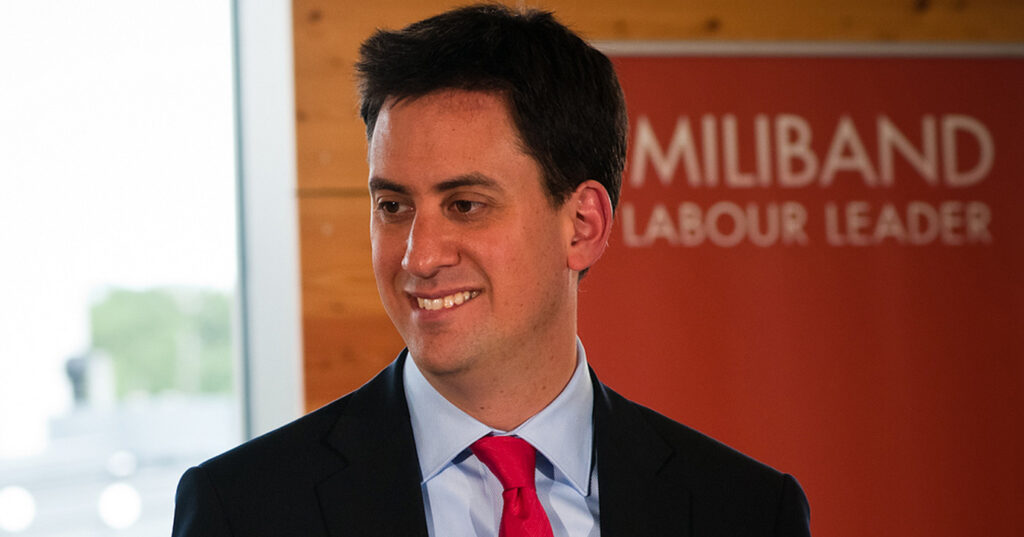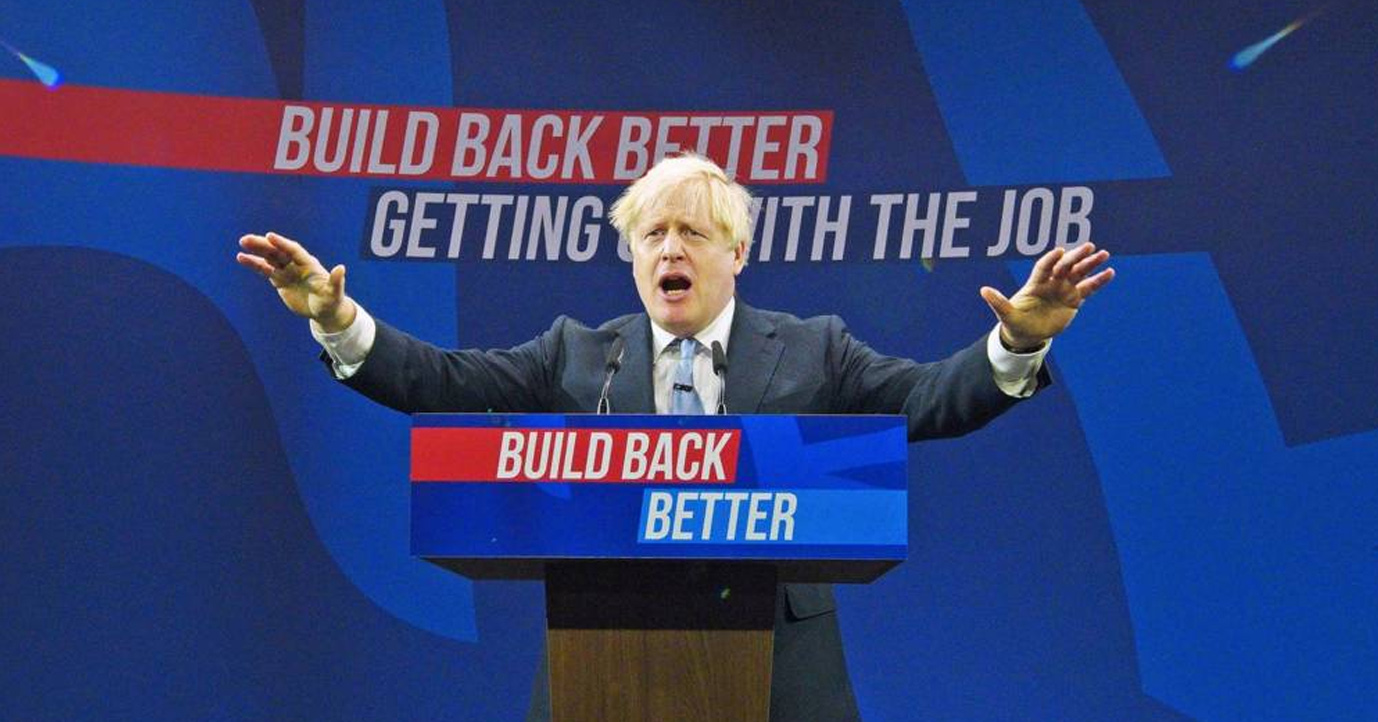
On the face of it, Ed Miliband’s non-referendum pledge held a clear upside and a clear downside for Labour.
Matching David Cameron’s guarantee of an in-out referendum would mean that if he won, Miliband would have to spend a good deal of his premiership campaigning to keep Britain in the European Union – a battle he might lose. He would be the Prime Minister who took Britain out of the EU, and would probably have to resign. And all because of a promise he had never wanted to make in the first place.
On the other hand, not committing to a referendum would leave the issue clear for the Tories, allowing them to make hay with it at the general election. This is mitigated by the fact that most voters do not think of Europe as a big priority, and the relatively few who are animated by the subject already tend to support the Conservatives or UKIP. “Sceptics for Miliband” was never going to be a power in the land.
My polling has found that Tory voters are twice as likely as Labour voters, and UKIP voters three times as likely, to say that defending Britain’s interests in Europe is one of the most important issues facing the country. Among the reservations that potential Labour voters have about the party – economic competence, opposition to welfare reform, the leader himself – opposition to an EU referendum does not rank very high.
In other words, the theory goes, Miliband has concluded that in declining to offer a referendum he has little to lose. But what Conservatives need to think about is how much he has to gain.
I suspect Miliband has calculated that giving the Conservatives a clear run on Europe is not a downside of his decision, but a potentially enormous upside. If the Tories are able to say that only they will offer an EU referendum, he will reason, they will not be able to stop themselves going on about it. And on. And on and on.
Used intelligently, the Conservatives’ distinctive policy can win them votes. The party can now say quite unambiguously to Eurosceptic voters that only a Tory government will guarantee the in-out referendum they want. For those UKIP voters mainly motivated by Europe and who are still open to persuasion, this is a powerful point.
But for others (that is to say, for most people) it is not. In at least two recent elections the Conservatives have campaigned on issues selected because they enthused their supporters and set them apart from Labour – saving the pound in 2001, and immigration, immigration, immigration in 2005 – and history records the results.
By putting the referendum pledge at the front and centre of its 2015 campaign the Conservative Party would not only be missing the chance to talk about the things most voters care about more, like the economy, jobs and public services. It would also, as far as these voters are concerned, be proving again the out-of-touchness (outness of touch?) of which it has for so long been accused.
That is the trap Ed Miliband has set for the Tories. Surely they won’t be so daft as to fall into it?


